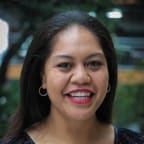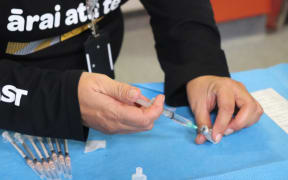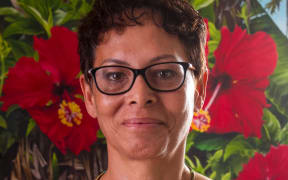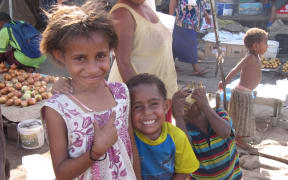A group of Pacific experts across a range of disciplines focused on children's health and development are motivated to find appropriate strategies to combat the inequities and failings for Pacific children and their families.

Photo: 123rf
The Pasifika B4 School - Child and Family Wellbeing Study will bring together families and teachers from three Pacific early childhood education centres in Auckland with Pacific well child nurses to design and test a child well-being programme.
The three-year study will reframe the B4 School Well Child checks by drawing on families' natural aspirations for children to succeed at school and build on Pacific culture and identity.
Dr Teuila Percival is the lead researcher of the project as well as the director at Moana Research and consultant paediatrician at KidzFirst Middlemore Hospital.
Dr Percival said they are hoping to develop a good, comprehensive well child programme that suits the needs of Pasifika families, to prepare the toddlers and young children for primary school.
In New Zealand, there is already a well-established Well Child Tamariki Ora Programme, which is a free service provided by The Ministry of Health for all New Zealand children from birth to 5 years, and aims to support families to protect and improve their child's health.
There are also B4 School Check led by Plunket, where nurses conduct hearing and vision checks before the children start school.
Dr Percival shared that Pacific children do not get these checks at the same rate as other New Zealand children.
"Some of the tools to check Pasifika children aren't that effective.
"These tools are developed overseas and don't necessarily take into account different things that we think are important for Pacific families like connection and relationships, and being bilingual," she said.
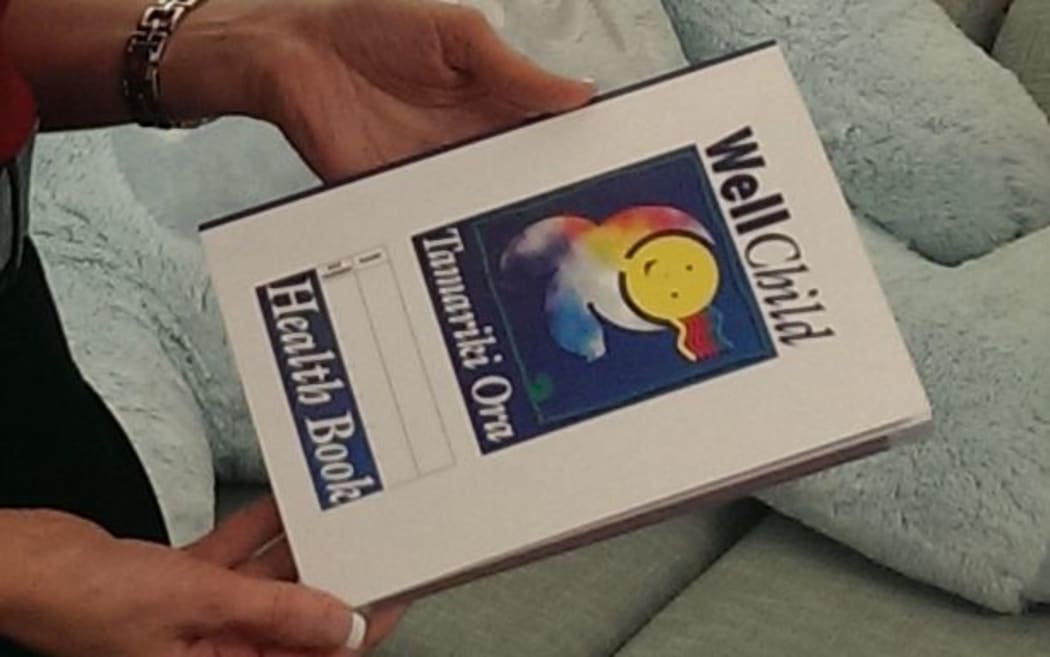
Photo: RNZ / Jonathan Mitchell
Dr Percival and the Pacific academics and researchers want to work with Pacific ECE centres and families to look at what it is that is important for the well-being of Pasifika children.
"We want to know how we can foster the children's well-being, how can we measure it, how can we develop a programme with nurses, ECE teachers and families that's going to make sure Pasifika children start school with the best possible opportunities to succeed in school," Dr Percival said.
Associate-Professor El-Shadan Tautolo is the director of the Pacific Islands Families Study at the Auckland University of Technology and is one of the academics associated with the study.
Mr Tautolo said they want to hear about the issues and barriers that Pasifika families are facing that do not allow for them to attend to the well child checks.
"We want to create solutions that are going to work for Pasifika families because now our children have progressed into the education system and are not doing as well as we would like for them to do.
"We hope this research will uncover strategies to give Pasifika families the tools to be successful in the future," he said.
One of the three Pacific ECE centres is Pasifika Early Learning. Their director Brittany Newport said the study is important as there is limited research available on accurate representation of Pasifika children's readiness.
Ms Newport said they are excited to be included in the study as they see the value in being able to contribute the needed data in order to bridge the inequities of the Pasifika children before going to school and their overall health and well-being.
"We are looking forward to as a service to engage not only with our whānau and their families, but also to engage with the well-child
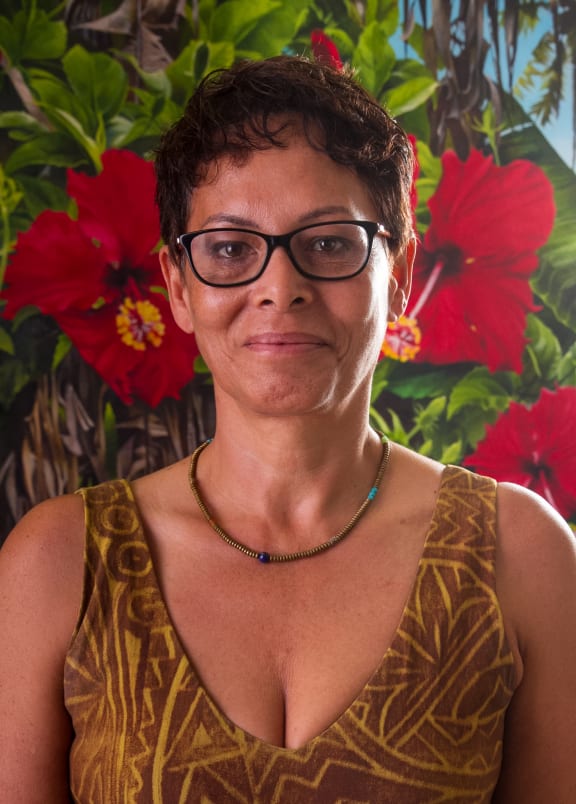
Dr Teuila Percival. Photo: Supplied/Pasifika Medical Association
Dr Percival seconds Ms Newport's call for the necessity of the study, saying it is a study that has never been done before where one looks at the combination of education and well child focusing in on Pasifika children.
"It's really necessary because when you look at the data about Pacific children starting school, they're often behind non-Pasifika children with their language skills, their numeracy and their literacy.
"Our concern is we have a universal programme, but it's not working for us because our children are starting school behind, so we want to find a way so that they're going to be up there with everybody else," she said.
The research team has been awarded a Health Research Council Pacific Health Project grant of $NZ1.17m to explore a cross-sectoral approach to measuring and improving child well-being.
The study will be hosted by Moana Research and it is the second HRC Pacific Project Grant to be awarded to Moana Research, an independent research organisation based in Mangere, Auckland.
